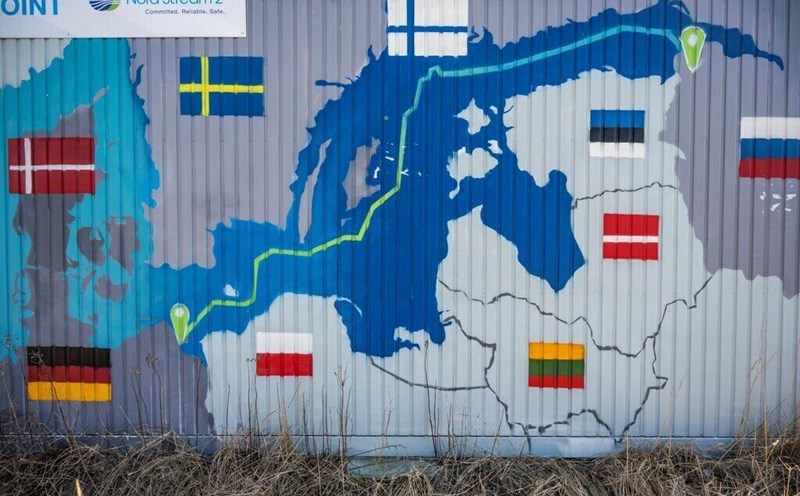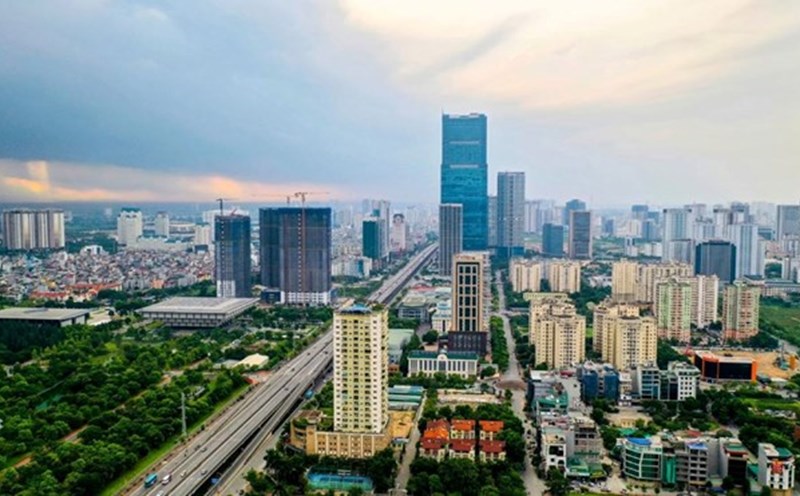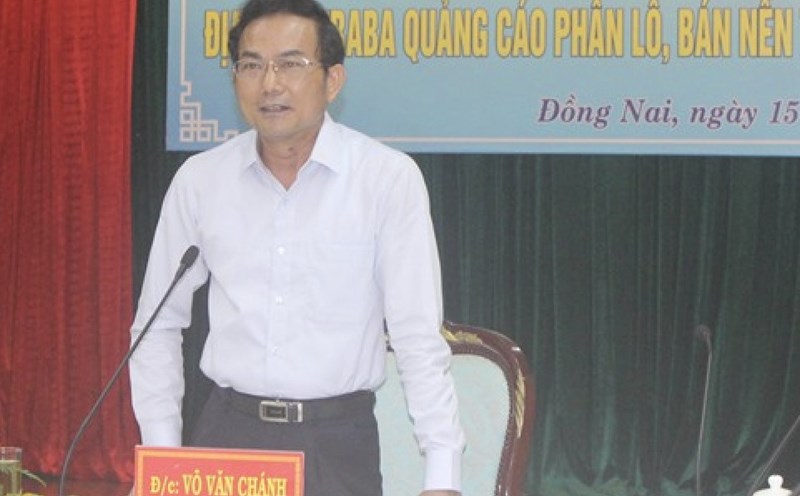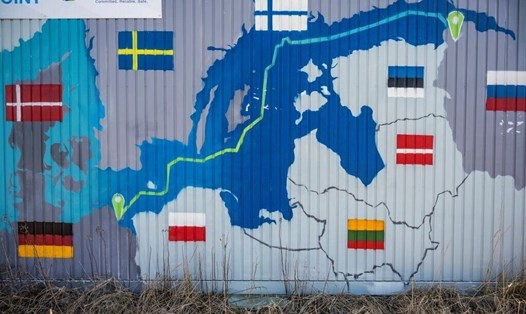The information was revealed by the General Director of Slovakia Import Company SPP Vojtech Ferencz to the press on March 31. He said that the amount of Russian gas via the TurkStream pipeline will increase many times compared to 2 months ago, not just double as previously announced.
"We will not have any problems with supply nor with storage," said SPP's commercial director Michal Lalik.
SPP commercial director Michal Lalik added that repairing Russia's Sudzha gas measuring plant damaged in a drone attack in early March may take some time, but other connecting points are still operational.
Also at a press conference on March 31, Slovakian Economic Minister Denisa Sakova informed that there is currently no clear timeline for resuming Russian gas transit activities through Ukraine. Minister Sakova still holds regular talks on the issue with the European Commission.
Gazprom began supplying secondary gas to Slovakia in early February 2025, using the volume that Hungary had transferred via the TurkStream pipeline.
Slovakia relies on supplies from Hungary, which receives mainly Russian gas via TurkStream, after Russian gas transit through Ukraine was suspended from early 2025.
Slovakia and Hungary are seeking to resume transit operations through Ukraine, with Slovakia threatening to deny EU aid to Kiev if it does not change its stance on transit.
Bloomberg pointed out that the landlocked country of Slovakia will receive significantly more gas via the TurkStream pipeline, reducing supply concerns after gas flows through Ukraine were cut off. The additional Russian gas will provide support to Slovakia as the important reserve season for next winter begins.
Most of Europe has turned its back on Russian gas since the Russia-Ukraine conflict broke out in 2022. However, some countries, including Slovakia, continue to rely on Gazprom's supplies via Ukraine and are forced to buy more expensive gas elsewhere.
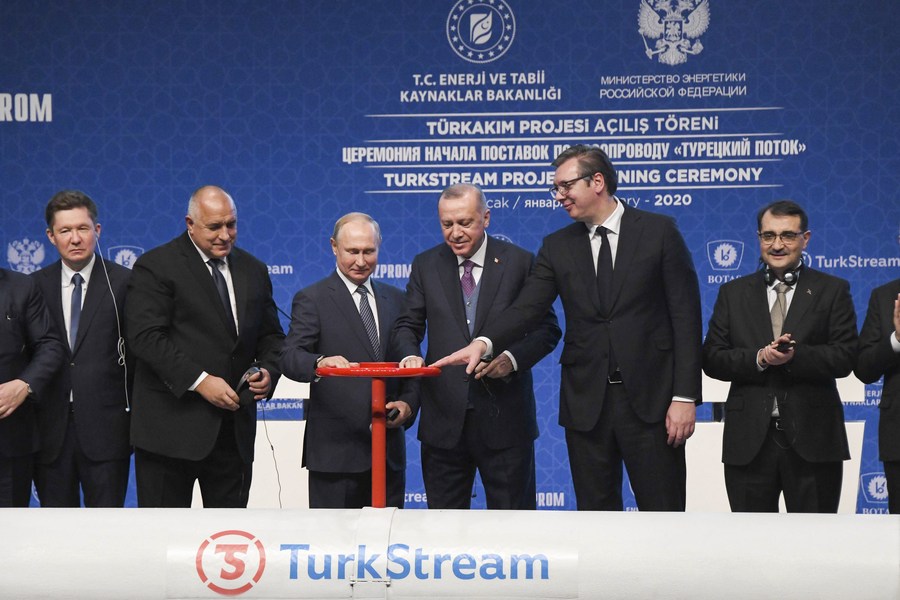
The TurkStream pipeline, an important energy infrastructure project, stretches 930 km in the Black Sea. The pipeline originates in the Russian city of Anapa and flows to Kıyıkoy in northwestern Turkey.
The TurkStream pipeline is considered an outstanding technical achievement, allowing effective gas transportation in the Black Sea. From Kıyıkoy, TurkStream connects to a network of on-land gas pipelines passing through the Balkan region and extending to Western Europe.
The TurkStream pipeline represents strategic cooperation between Russia and Turkey, facilitating the transportation of Russian gas to Turkey and Europe. The role of the pipeline has been further enhanced after Ukraine refused to extend its gas transit agreement with Russia.

